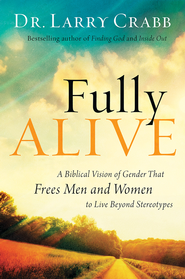****
García Márquez contrasts the unexciting and monotonous familiarity of Fermina’s relationship with Dr. Urbino with the vibrant passion of her affair with Florentino. Neither relationship is portrayed as ideal, per se; there are certainly positive qualities in Fermina’s marriage to Dr. Urbino, and it’s clear that Florentino is no saint. Still, I couldn’t help feeling that there was a false dichotomy being subtly forced upon the reader: a choice between loveless and emotionally lifeless security and commitment; or tumultuous, impractical passion (with, apparently, no moral boundaries). These are the two faces of love. Which will you choose?
The choice is a misleading one, not least because I suspect younger readers (if the novel comes their way) may come to believe that Florentino, with all his nonstop womanizing, somehow loves Fermina more than the reliable Dr. Urbino does. [...] This either/or idea fits right in with the modern romantic narrative being pitched today: Passion matters more than pragmatism; passion is what draws lovers together and keeps them there. True love is entirely free of restrictions, and any attempt to bind love with commitment or promises will do nothing but strangle that love.
We know from Scripture that this is not the case. In the created order, commitment is the foundation of love. We see it in the first marriage, when Adam claims Eve as bone of his bone and flesh of his flesh (a clear implication of lifelong union and commitment, as nothing short of death would cause him to forsake or be severed from his own body). We see it in Song of Solomon, when the Beloved expresses ardent sexual love for her Lover, while proclaiming that ‘love is strong as death.’ We see it in God’s covenant relationship with Abraham and eventually Israel; because He loves Israel, because He has chosen Israel, He commits to Israel—and keeps that commitment even in the face of continued infidelity. We see it most of all in the Gospel, where Christ sacrificed Himself on behalf of His bride the church, in order to ensure an eternal marriage with His chosen people. Christian love has passion aplenty—passion that is only enhanced and matured by commitment.
Full review available here.
















.jpg)

_poster.jpg)
